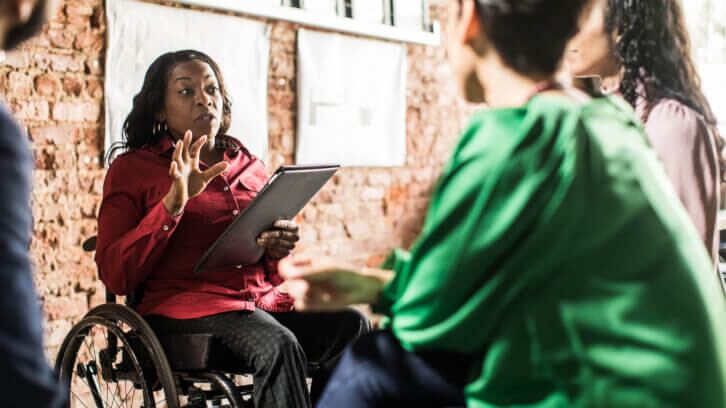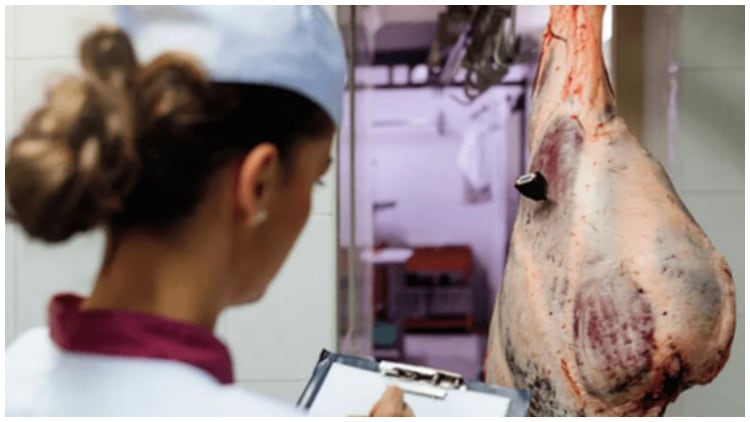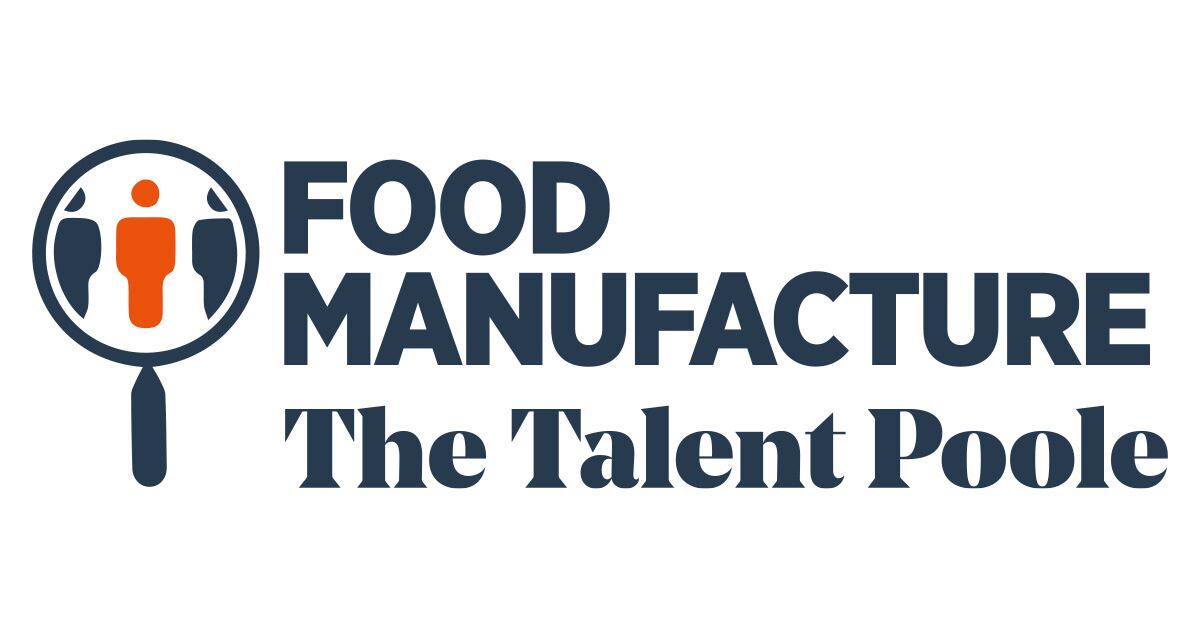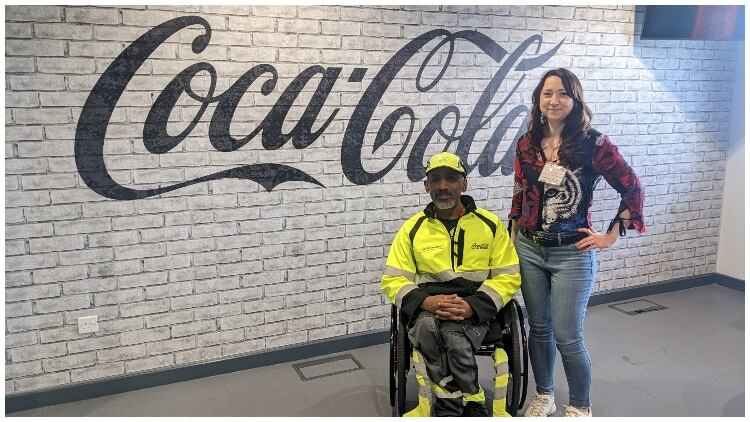Disability Confident Leader status is awarded by the Department for Work and Pensions (DWP) and helps a company to challenge attitudes, increase understanding of disability, draw from a wider pool of talent, and improve employee morale and commitment by demonstrating fair treatment.
Commenting on the announcement of its retained status, Javier Sanchez Gandarias, vice president of customer service and supply chain at CCEP GB, told Food Manufacture: “We’re delighted to be awarded Disability Confident Leader status again this year. It’s a special achievement awarded by the Department of Work and Pensions (DWP) and receiving this status means we’re recognised as a champion for disability in our sector."
He added: “I personally believe that diverse talent brings huge benefits to our business, so it’s important that we’re doing everything we can to give people with a disability the confidence to apply for any position they want at CCEP."
How to become a Disability Confident Leader
There are three levels in the Disability Confident Leader process:
- Disability Confident Committed (Level 1).
- Disability Confident Employer (Level 2).
- Disability Confident Leader (Level 3).
All employers join the scheme at Level 1 and progress to achieve the one that’s right for their organisation.
The first stage includes five commitments, which include inclusive and accessible recruitment, communicating vacancies, offering interviews to those with a disability, providing reasonable adjustments, and supporting existing employees. There are a range of activities in which these five commitments can be demonstrated, and an organisation must be able to identify at least one they are doing, for example internships, student placements, apprenticeships.
Level 2 includes a self-assessment of your company around the two themes of 1) getting the right people and 2) keeping and developing your people.
The final level requires your self assessment to be validated by someone outside of the company, not including DWP employees in job centres. Organisations will also need to provide a short narrative to show what they’ve done or will be doing to support their status as a Disability Confident Leader. The company will need to show evidence that they are employing disabled people, alongside reporting on disability, mental health and wellbeing by referring to the Voluntary Reporting Framework.
Guidance on each level can be found on the Government’s website here.
What makes CCEP a Disability Confident leader?
Reflecting on how CCEP demonstrates itself as a leader in this area, Gandarias said: “We’ve been working behind the scenes to assess what we’re doing to help people with different disabilities and from different backgrounds get on in the workplace. To do that, we’re shifting hiring processes to focus on skills rather than historical qualifications, for example, and are offering more flexible working options to better suit a range of lifestyles.
“We’re also anonymising CVs from the screening process, to remove any unconscious biases, and we share interview questions with people in advance, so neurodiverse people, for example, have the opportunity to prepare and are not at a disadvantage on the day of their interview.”
Alongside this, CCEP is also collaborating with other initiatives that are looking to remove obstacles.
“It’s not just about what we’re doing for our employees; we’re also thinking about our role in the community too, to open our doors to as many people as possible. As part of that, we believe it’s important to help support other organisations who are also trying to remove barriers to getting work,” said Gandarias.
“It’s why we have joined with a range of organisations to reach groups of people who have traditionally faced barriers in trying to get into good jobs. We’re working with Whizz Kidz, a charity that supports young wheelchair users, and we’re working closely with Special Olympics GB (SOGB) to promote the potential of people with intellectual disabilities. The Special Olympics World Games in Berlin earlier this year was an incredible showcase of what inclusion can achieve, and I’m personally more inspired than ever to keep building momentum in this space and raise awareness of intellectual disabilities.”
‘We won’t become complacent’
Gandarias acknowledged how great it was to have retained this status, but said the company won’t “become complacent”.
He explained that CCEP is eager to keep learning and building on the progress it’s made - and to do that, knowledge sharing will be key.
“It’s important that we share best practice and create forums to learn from our peers so that we can continue to ask questions and challenge ourselves,” added Gandaris. “It’s why we took part in this year’s Disability Expo, the UK’s leading people-focused event for people with lived experience of disability, and why we’re getting involved in this year’s Diversity in Grocery event where we look forward to talking about what we’ve learned from our external partner collaborations, and how we’re working to create a safe space for people to speak up on the personal challenges they’re facing in the workplace.
“Creating a workplace culture where Everyone’s Welcome is our ultimate goal at CCEP. It all starts with listening to our people and continuing to make changes to how we operate for both our existing colleagues and potential recruits.”
CCEP has a designated Disability Ambassador for GB – Mohammad Koheeallee – who has helped by channelling his own lived experiences of having a disability in the workplace to make CCEP’s factories more accessible through dedicated accessibility audits.
The company also started a colleague-led community network, JustBe, which continues to carry out important work in this space and engages more colleagues year-on-year,
“This community will only keep growing and learning, and I’m personally excited to see what happens over the months and years ahead,” concluded Gandarias.





